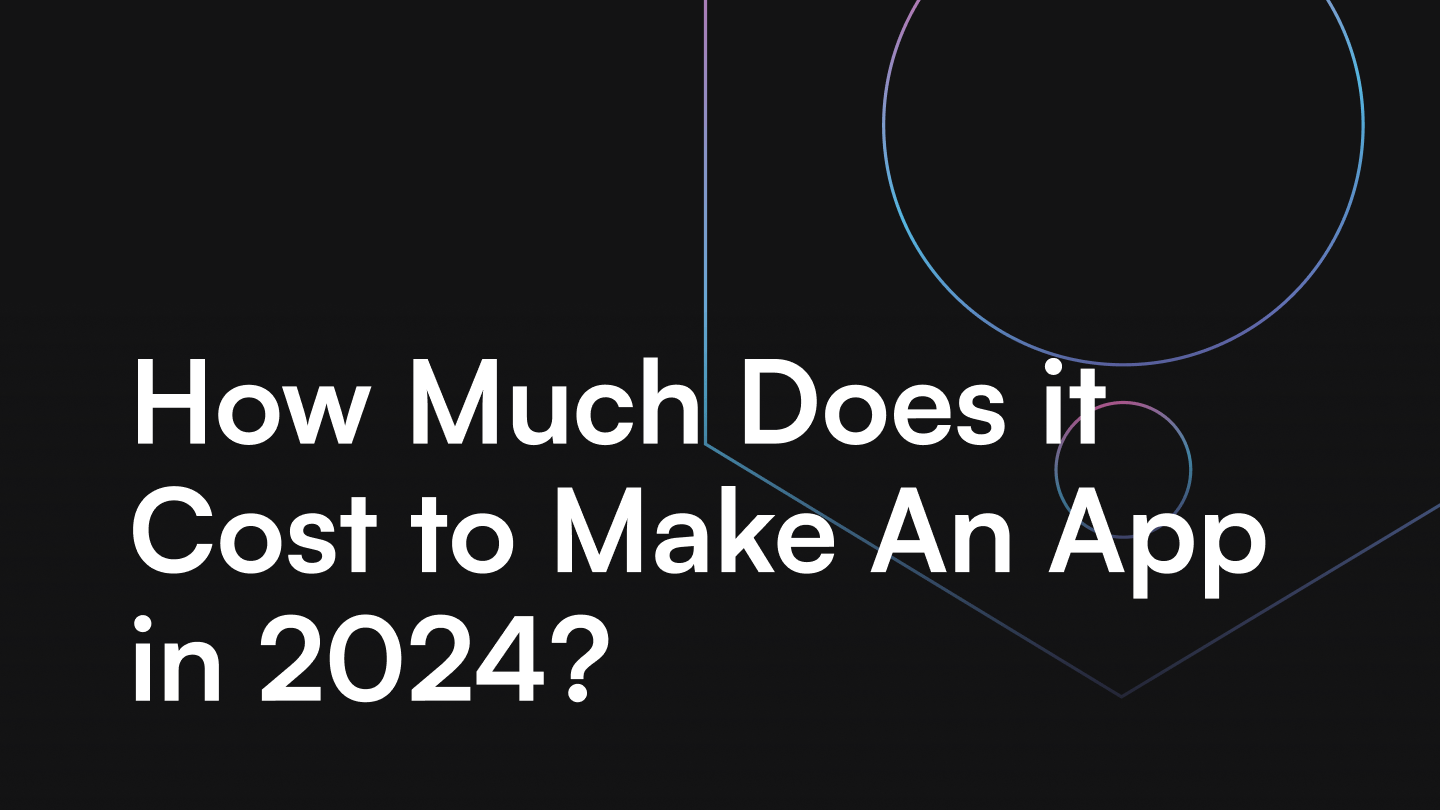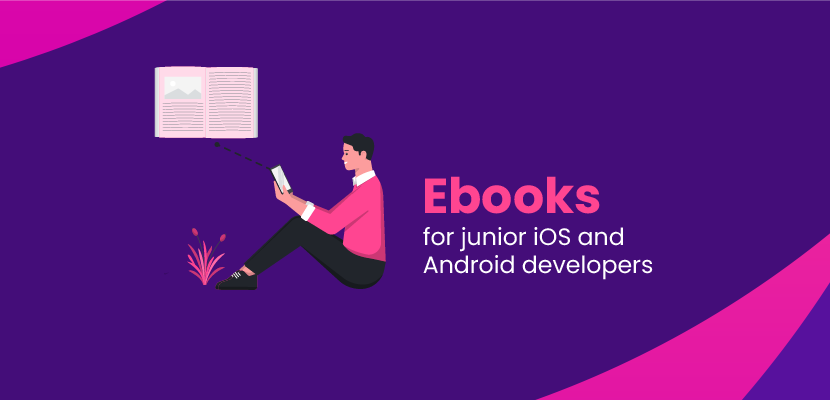How do cross-platform technologies work?

Alexa Trachim

Karol Wegner

We always crave new knowledge and our ultimate goal is to always be up to date with our technological stack. When it comes to mobile applications, there is a constant battle between native and cross-platform development. Native apps are truly functional and beautiful but require longer production time and a bigger team to work on more than one codebase. Cross-platform allows us to build applications for iOS and Android at once but is not without flaws. Which one is worth your attention? Well, that depends.
Let’s focus on explaining cross-platform technologies for you. We will analyze all pros and cons and then suggest when you should pick this option and when native will be much more convenient.
If you want to read a little more about the differences between native and cross-platform development, we recommend downloading our latest ebook where we compare these two programming methods and provide case studies to show you how they can be executed in different types of businesses.
What is cross-platform development?
Developing apps in cross-platform technologies means we use one code to create applications for multiple platforms – usually iOS and Android, but not only. You might ask – but how is it possible? Apple devices are so much different than the brands that use Android as their operating system. The various design tweaks are provided with custom native elements that improve user interfaces and our app’s performance.
Technologies used for cross-platform development
There are currently two or maybe three frameworks that allow building cross-platform solutions and are the leaders on the market. The two most popular are Flutter and React Native. Xamarin is also considered quite good. There’s no surprise that these technologies are recognized in the software development world, as they were created and are supported continuously by digital giants: Google, Facebook and Microsoft.
There are slight differences between these three frameworks. Xamarin allows significantly high code reuse, Flutter uses custom widgets to build UI, React Native is based on JavaScript. The choice depends on the preferences and the availability of cross-platform developers. Let’s take a closer look at each of them.

Flutter
Being the freshest framework in the group, Flutter is gaining recognition and appreciation very fast. Google’s cross-platform development technology is based on a programming language called Dart. It is also well-known for its widget approach to building mobile apps. Customizable widgets allow developers to achieve a native-like user experience.
Flutter is also praised for its robust performance and speed of coding. Thorough documentation allows developers to find what they are looking for quickly. There is also an option that shortens development time and that’s hot reloads. This functionality enables us to refresh the app when changes are introduced promptly. This way, we can quickly add some new features or design improvements and update the app right away.

React Native
The Facebook-created cross-platform framework is the biggest competition to Flutter. Its interoperability with other languages and technologies is impressive. If we need to use Swift, Objective-C, or Java in our project – there’s no problem with that, which is convenient for more advanced and sophisticated projects.
React Native uses native UI controllers to build user interfaces and the results are spectacular. It also offers extraordinary performance. And the support from the community makes it a framework that is worth trying.

Xamarin
Known for its high code reuse – up to 96% – Xamarin is a framework from Microsoft fighting the two above to be one of the major technologies in cross-platform development. It is the oldest one on the list, although it gained more attention years after release. Like React Native, Xamarin uses native UI controllers to achieve pixel-perfect interfaces. Having support from its creator is not a bad thing either – you get a full ecosystem that promotes quick and easy app development.
Advantages of cross-platform development
What are the biggest pros of picking cross-platform technologies when developing an app? We have a couple but remember – choosing the right framework and method for each project should be based on individual requirements. Contact your software house and tell them about your project – they will analyze it and recommend the best solution.
But what are the general advantages of cross-platform development?
Reusable code
One code base for multiple mobile applications promotes consistency, development productivity and allows more manageable future growth. Also, when each team member works on the same code, it is easier to prevent bugs and delays.
Shorter development time
Cross-platform technologies are time efficient – mostly because of the previous benefit we discussed. Working with native technologies can cause various problems during production, which can cause, for example, one app to be done earlier than another. Also, native technologies are a little bit more advanced, so they require a longer time to be built in general.
Lower project cost
All brands with a lower budget should consider cross-platform development. Technology that allows us to develop two or more applications simultaneously requires only one team and less time for work. Although, don’t believe in claims that cross-platform can be even 50% cheaper than native. Your costs are going to be lower, but still, app development requires a concrete budget.
Hitting many markets
If you know that your clients are using different devices with both iOS and Android, you need to provide the apps for all of them. With cross-platform development, you can offer a product that will look and work similarly on all operating systems. Also, introducing changes for all the users will happen at the same time so that everyone will be satisfied.
So which one is better for my business?
You are still not sure which one to pick – cross-platform or native development? Check out our ebook about these two technologies and read success stories from our clients regarding both options. Here are the hints:
Choosing native development
- For advanced projects with many complicated functionalities
- When you need access to hardware features like camera or GPS
- If your app needs to work offline as well
Choosing cross-platform development
- When you require shorter time-to-market
- If your app is a rather simple project
- For prototyping and MVPs
- If you have a lower budget and want apps for both Android and iOS
To sum it up
The mechanism of cross-platform development technologies is quite simple. The programmer writes one code, adds user interface elements and the app is ready to be released for multiple operating systems. It’s a technology for startups and enterprises that like innovations and they want to see effects quickly.
Most experienced software houses on the market hire cross-platform developers, so if you are thinking about the app project – you definitely should reach out to one and discuss the details. We have a team of cross-platform experts that delivered many successful international projects.
If you are still not sure – you can always ask. We organize UX/UI workshops to determine every requirement of the project. This way, we can find out if cross-platform technologies are something for you. All recommendations are based on your business goals.
Finally, we really encourage you to check out our ebook – the ultimate guide to cross-platform vs. native development. It’s full of useful knowledge and real-life case studies from our clients that picked different options and utilized them to make their business stand out. We can help you to do the same – you can check out our portfolio and contact us.
Read more
Why is machine learning a growing trend?
What is a cloud application?
How much does it cost to make a booking type app?
19 Apps built with Flutter Framework
How mobile applications are fueling digital transformation
What is a mobile app?






